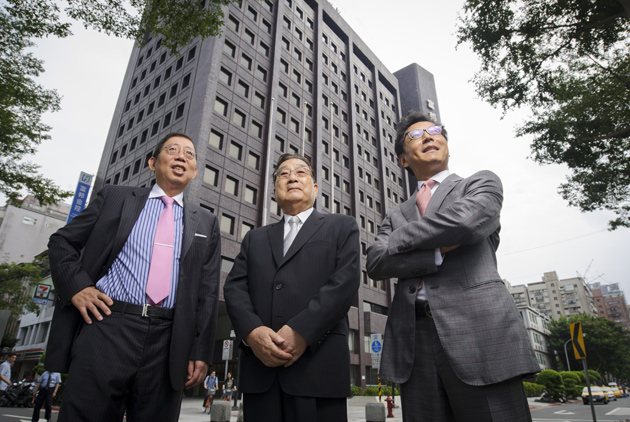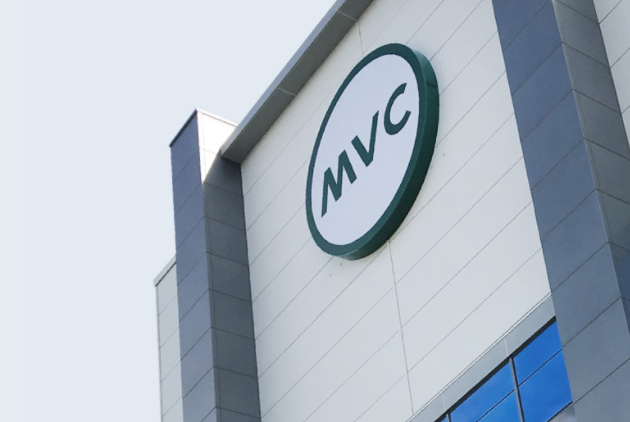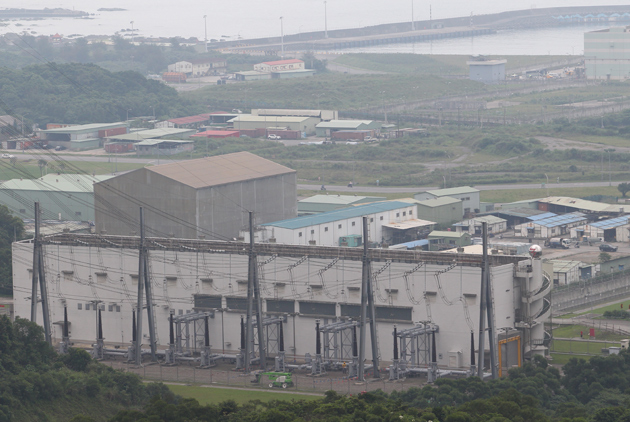The Rundown: Fubon acquires majority stake in Jih Sun

Source:CommonWealth Magazine
A weekly snapshot of Taiwan business news stories brought to you by CommonWealth and AmCham Taiwan’s TOPICS.
Views
The Rundown: Fubon acquires majority stake in Jih Sun
By CommonWealth/AmCham Taiwan’s TOPICSweb only
Fubon acquires majority stake in Jih Sun
Fubon Financial Holding Co. announced on March 23 that it had successfully completed the public tender to acquire a 53.84% stake in Jih Sun Financial Holding, making it the largest shareholder in the company. It expects to proceed to the next step of the acquisition in Q3 2021.
The completed acquisition will constitute the first merger between two financial holding companies in Taiwan’s financial services sector’s history. Fubon’s assets will surpass the NT$9 trillion (US$316 billion) mark, closing in on the NT$10 trillion (US$351 billion) in assets held by Taiwan’s leading financial holding company Cathay Financial Holdings.
Last December, Fubon announced that it was pursuing a hostile takeover of Jih Sun through a public tender offer to purchase 50.01% of the company’s shares at NT$13 per share. By March, the company had cleared all regulatory hurdles in Taiwan but was waiting on at least one of Jih Sun’s major shareholders, Shinsei Bank or Capital Target Limited, to sell their shares. At the last minute, Shinsei Bank decided to sell Fubon its stake of 35.5% of Jih Sun shares for a total of NT$17.4 billion (US$611 million).
Fubon is now Taiwan’s second largest financial holding company. It’s profit last year exceeded NT$9 billion. This acquisition has reduced the number of financial holding companies in Taiwan from 16 to 15, and it is a mjaor milestone for consolidation of the island’s overly saturated financial services sector.

(Source:MVC website)
Phase II trials for Medigen COVID-19 vaccine begin
Domestic vaccine manufacturer Medigen on March 30 began phase II trials of the COVID-19 vaccine it has developed. The company announced that it had successfully recruited over 4,000 participants for the trials. Among them, 746 are age 65 years or older.
Medigen’s vaccine, MVC-COV1901, is a recombinant S-2P genetic spike protein developed jointly by Medigen and the U.S. National Institutes of Health (NIH). Second doses for participants in the phase II trials are expected to be completed by late April. Data analysis will take place before the end of May, while the company aims to apply for emergency use authorization of the vaccine from Taiwan’s Food and Drug Administration (FDA) by June.
The head of the MVC-COV1901 clinical trials, former Deputy Minister of Health and Welfare Lin Tzou-yien, noted that this effort constitutes the largest-scale clinical trials with the most rushed timeline for completion in Taiwan’s history. It relies on a clinical trials implementation team of 11 hospitals employing 11 trial leaders, 99 trial coordinators, and 100 or more clinical research nurses.
Hsieh Szu-min, a doctor participating in the clinical trials, noted that the Ministry of Health and Welfare can begin vaccinating people with domestically made vaccines by the second half of this year. He said July is the earliest he expected Taiwanese citizens to have access to such vaccines.
 (Source:CommonWealth Mazagine)
(Source:CommonWealth Mazagine)
Unused fuel rods to be shipped back to U.S.
On March 28, the Taiwan Power Co. (Taipower) transported the final shipment of unused fuel rods for its mothballed fourth nuclear power plant in New Taipei City’s Gongliao District to the Port of Keelung. The fuel rods are to be shipped back to General Electric (GE), Taipower’s supplier in the U.S.
Taipower stated that the warranty period for the fuel had already lapsed and GE had been clearly notified of the situation. Furthermore, it said, the decision to ship the fuel back to GE was unrelated to the upcoming referendum on whether to restart the Gongliao plant.
The company also indicated that because the warranty for the fuel – a customized product – had ended, there was no way for it to be used elsewhere in its current state. It must therefore be shipped back to GE, where it can be disassembled or remade into fuel that can be used by other nuclear power plants. In such instances, the fuel and fuel rods must undergo a complete inspection before they can once again be covered by GE’s warranty.
Have you read?
♦ Online Banking Takes Shape in Taiwan
Translated by Jeremy Olivier, AmCham Taiwan
Edited by Jeremy Olivier
Uploaded by Penny Chiang






